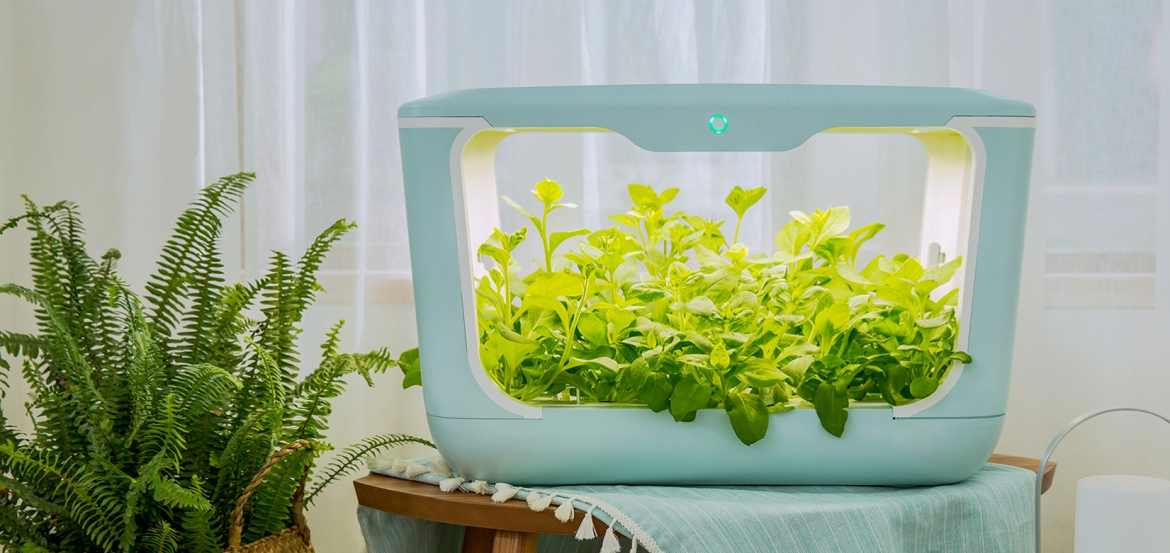Vertical farming is increasingly recognized as an innovative solution for urban and space-constrained agriculture. Many modern vertical farming system designs incorporate hydroponics, a technique where plants grow in a water-based nutrient solution instead of traditional soil. This method allows growers to precisely control the supply of nutrients, water, and oxygen, resulting in more predictable growth and higher efficiency. Hydroponics also reduces the risks associated with soil-borne pests and diseases. This approach has particular relevance in regions like Europe, the Middle East, North America, Australia, and Singapore, where urban agriculture and sustainable farming practices are receiving strong support from local policies and environmental initiatives.
Combining Hydroponics with Advanced Plant Technologies
At 4D Bios, they have integrated hydroponics into their vertical farming system, pairing it with advanced plant lighting, AI-driven environmental control, and automation technologies. These features allow multiple layers of crops to be cultivated simultaneously under precise, monitored conditions. The Indoor Grow Box (Advanced Version) is an example of their compact solution for indoor cultivation. It combines hydroponics with controlled plant lighting to provide essential growth factors. With one-touch activation, automatic operation, and remote monitoring, the system enables experienced growers to manage plant health and growth efficiently. This integration demonstrates how hydroponics can be adapted not only for large-scale plant factories but also for smaller, controlled indoor environments.
Advantages for Experienced Growers
Hydroponics in vertical farming systems offers significant advantages for experienced growers seeking consistent yields and quality. By delivering nutrients directly to plant roots, hydroponics ensures uniform growth and reduces waste. This is particularly beneficial in high-density cultivation setups and controlled environments. Growers in target markets, including North America and Australia, also benefit from the water efficiency and sustainability aspects of hydroponics, which align with regional agricultural regulations and environmental standards. Moreover, precise nutrient and environmental control supports accelerated growth cycles, making hydroponics a critical component of modern vertical farming strategies.
Conclusion
In summary, hydroponics is a fundamental element in modern vertical farming systems, supporting both efficiency and sustainability in plant production. At 4D Bios, they leverage hydroponics alongside automation, AI control, and advanced plant lighting to create highly versatile and adaptable plant factory solutions. Their Indoor Grow Box (Advanced Version) shows how hydroponics can be applied effectively in small indoor spaces while maintaining consistently high standards of plant care. By combining these innovative technologies, 4D Bios provides experienced growers in Europe, the Middle East, North America, Australia, and Singapore with practical, scalable, and fully controllable agricultural solutions.
